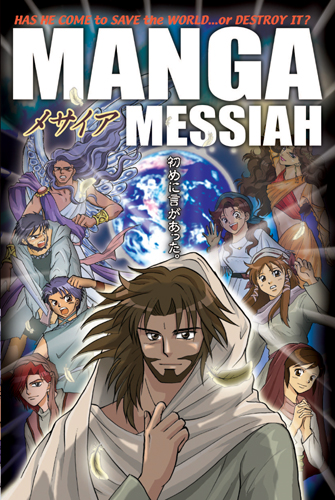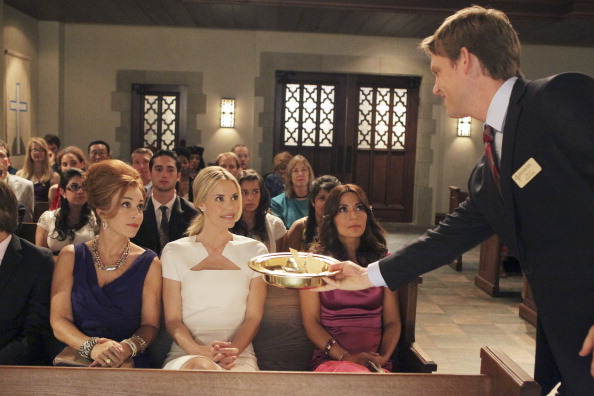Another old one, but one of my favorites.
What kind of choice is that?
 |
| Nope. Wrong Jonah. |
Okay. Here's the scenario. Jonah's hanging out with his friends at the Dead Sea Beach Club discussing the current headlines and why the resident priest needs to be impeached when all the sudden the conversation shifts to the free will of man. Well, Jonah (still wearing big fish belch marks all over his body, not to mention the amino acid scars) can take no more of this banter, and cuts in:
"Choice? Free will? Let me tell you guys a little bit about that. I know all about it -- first hand, me and Moby Dick out there swimming around. Here's the choice God gave me -- Jonah, go to Ninevah, or Jonah, go to Ninevah. Some choice, huh? Well, right off the bat, I'm thinking 'No way am I going to Ninevah! Surely God can respect my decision in this matter. I mean, what's He going to do, make me go?' Some stooge I was.
"Well, anyway, the whole point is this -- I didn't really have a choice, did I? Do it, or wait until He pushed me into doing it. What kind of choice is that?"* * *
Just to what degree is God in control of history? What is the difference between His permissive will and His perfect will? Is there indeed a difference? What's the point in telling me to choose whom I will serve when the same Bible tells me that all of my days are already mapped out and known? If God is omnipotent, then why can't he make things happen just like He wants them to?
Well, to be perfectly honest, he does. History is always under the power of god. God is never under the power of history. Not a single event has happened without passing under God's careful planning and scrutiny. Communism, the Roman persecution of Christians, stillbirths, tragic accidents, slavery, all are a record of history. Surely God didn't approve of these things. And yet, they are a part of history.
 |
| Yep. That's the one. |
To understand, first we need a more accurate understanding of God's will, both permissive and perfect, active and passive. We must never think that God's will can be deterred. When we speak of God's permissive will, He permits it because He wills to permit it, knowing full well that it will also accomplish His perfect will. And when we speak of God's passive will, we must never think that God is being passive, for God is actively passive. In other words, if God chooses not to act and let events take their natural course, it is because by allowing things to happen on their own, they accomplish His plan.
Too often, we apply words like can't and not able to to God's abilities. One thing we must never forget is that God is omnipotent. According to Webster, that means having unlimited power or authority. and that leaves no rooms for can'ts and not able tos. Sometimes God doesn't do things, but that never means He is unable to. For example, have you ever heard that God can't work in your life if you don't let Him. Sure you have. Well, what about Pilate? He wasn't exactly what you'd call a model Christian, and yet God used him as a key player to accomplish His will for the redemptive work of the cross.
How can things like accidents, murders, poverty, abuse, gang fights, wars, affairs, terrorist attacks and even hunger accomplish the will of a holy and loving Lord? Because He told us so.
And we know that in all things God works for the good of those who love him, who have been called according to his purpose (Romans 8:28, NIV).
Read that again. Whose purpose? Which things?
There is so much we can't yet see through our glass darkly. But God cannot only see the big picture, He's the Creator who made that picture. He, and only He, knows what's best. Our job is simply to draw closer to Him as He goes about His business of keeping the universe in order and working out His plan.
And guess what? He made us another promise, that if we draw near to Him, He will also draw near to us.
© 1994 Sean Taylor
 Restore us again, O God of our salvation,
Restore us again, O God of our salvation,



























